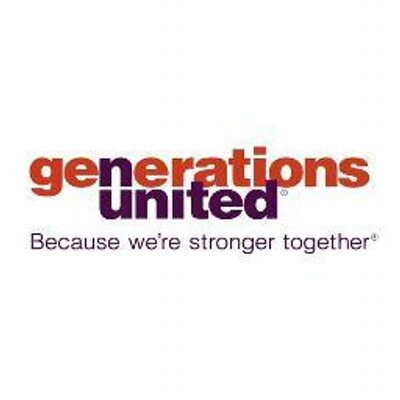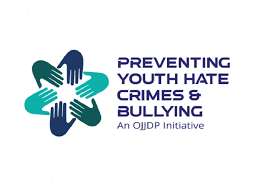The Runaway and Homeless Youth Act (RHYA) authorizes community-based programs to provide temporary shelter, counseling, and aftercare services to runaway and homeless youth (RHY). 1 The Family and Youth Services Bureau (FYSB), an office of the Administration for Children and … Read More
Youth

Abuse of Youth Placed in Residential Facilities
What GAO Found Prior GAO reports have described allegations of youth being maltreated, and sometimes killed, by staff employed at residential facilities. Many of the youth placed in residential facilities are in foster care. Youth in foster care may be … Read More

Strategies to Support Pregnant and Parenting Youth in Foster Care
Youth in foster care who are expecting or parenting face the compounded challenges of navigating foster care while also navigating a pregnancy or parenthood. Caseworkers and other professionals who support these youth must be prepared to meet their complex needs. … Read More

Sociodemographic Characteristics of LGBTQ Parents in the United States
Much of the existing research on parenting benefits, challenges, and demographics is focused on cisgender, heterosexual parents. A new report expands this research by compiling data from various sources to provide a sociodemographic portrait of lesbian, gay, bisexual, transgender, and … Read More

November Is National Adoption Month
The 2024 National Adoption Month campaign website has launched on Child Welfare Information Gateway. This year’s theme, “Honoring Youth: Strengthening Pathways for Lasting Bonds,” emphasizes the importance of uplifting and genuinely listening to the voices of children and youth who are adopted and … Read More

A Guide To Applying Youth Voice
Tips To Implement Youth Voice Through A Youthful Advisory Council Introduction This guide is designed for organizations that want to involve young voices and input in their practices, activities, and programs. Its aim is to offer tips and recommendations crafted … Read More

PATHWAYS TO SUCCESS K-12 Education Support for Kinship and Grandfamilies
About 2.5 million children across the United States are being raised in grandfamilies,1 families in which grandparents, other adult relatives, or close family friends are raising children with no parents in the home. These are also known as kinship families, … Read More

Youth Hate Crimes and Identity-Based Bullying Prevention Curriculum
Introduction This curriculum is part of the Office of Juvenile Justice and Delinquency Prevention’s (OJJDP’s) initiative to prevent youth hate crimes and identity-based bullying. Operating from a youthbased lens that focuses on prevention and early intervention, this multipronged initiative is … Read More

Five Things About Youth and Delinquency
Research and data on youth and delinquency is critical for identifying opportunities and developing strategies to support positive development through prevention and intervention. Responses to youth misbehavior by youth-serving systems — including education, child welfare, behavioral health, and justice systems … Read More

Human Trafficking Response Guide for School Resource Officers
ABOUT THIS GUIDE As a school resource officer (SRO), you are in a unique position to reach students considered vulnerable to exploitation and human trafficking. You play an important role because you may regularly interact with different students as part … Read More

